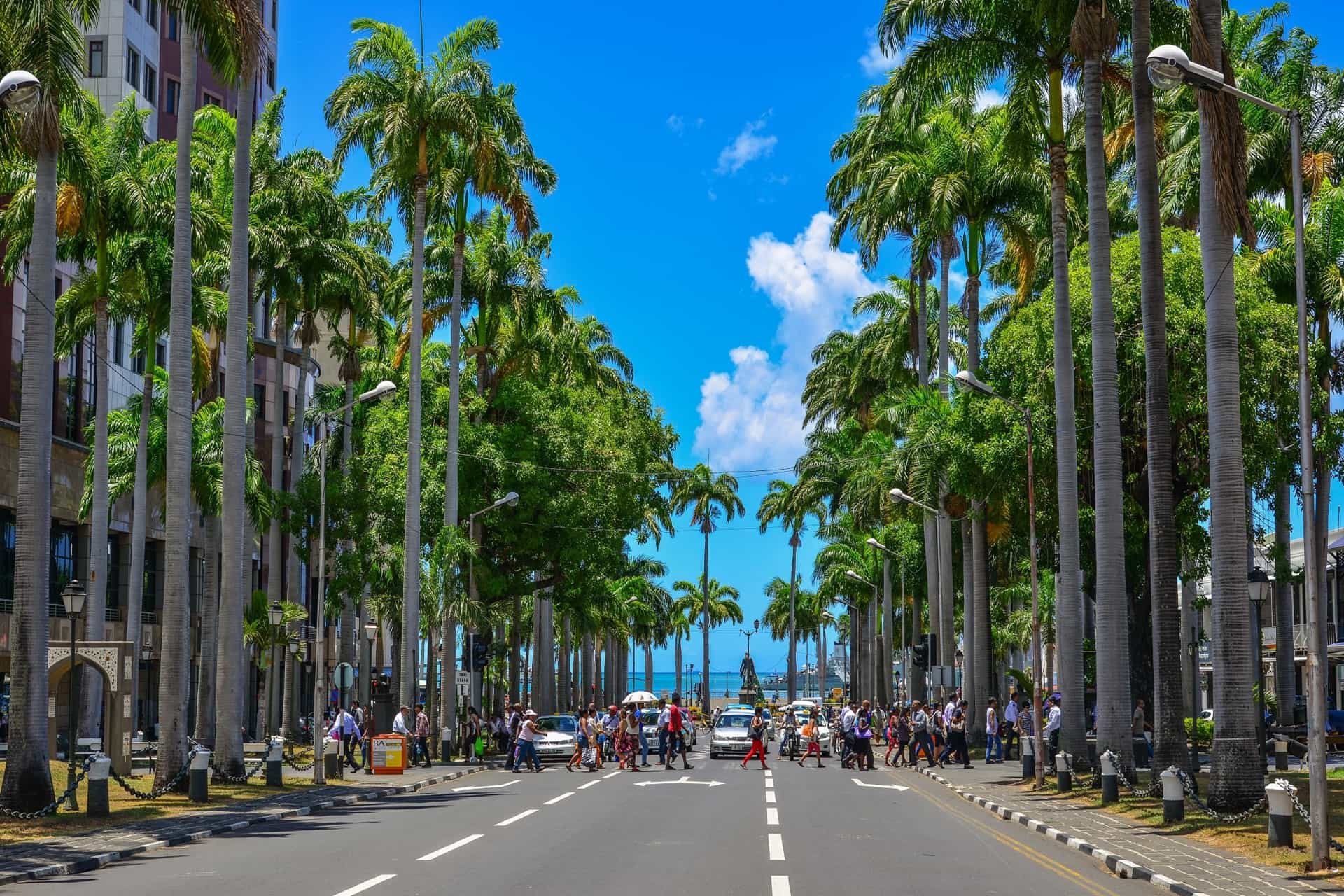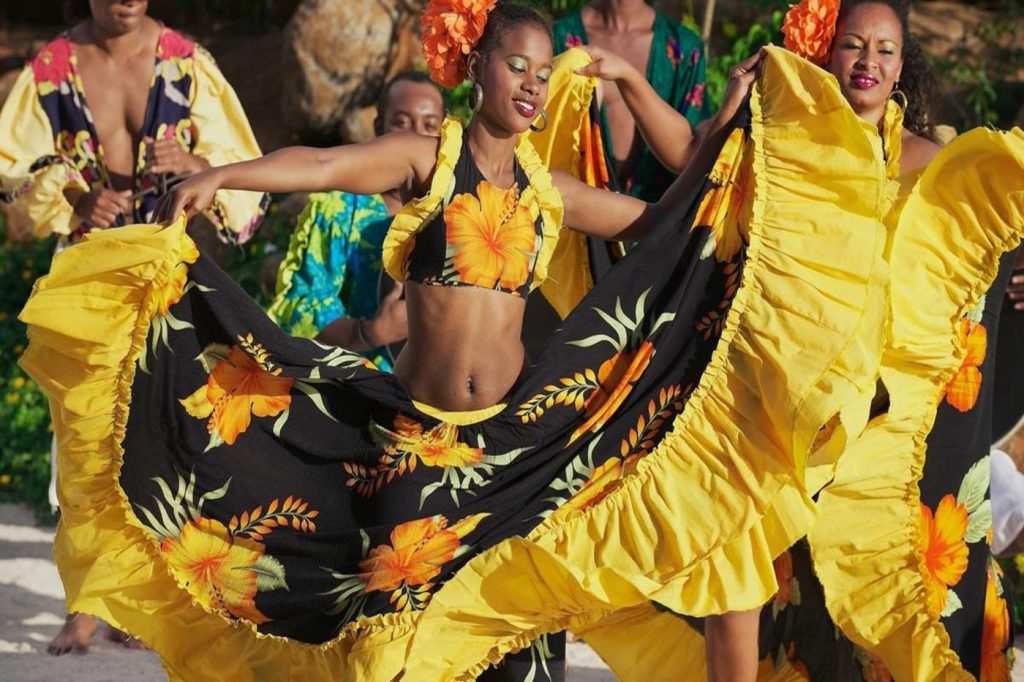5 keys to remember
- Tailored
- Feel at Home
- Authenticity
- Ethics
- Privacy

Behind the beauty of Mauritian nature and landscape, there is another side, sometimes forgotten: Mauritian culture. Discovering the most fascinating and refined ancestral traditions can be a real journey. As Mauritius does not have a single culture, it brings together several unique and distinctive cultures, and different customs and traditions have settled on these shores over the past 400 years.
This rich diversity of cultures is found in all aspects of Mauritian life. Churches can be found next to a mosque and Indian temples next to Chinese pagodas. Various Indian beliefs, Buddhist, Christian and Muslim festivals are celebrated with great fervour and dedication throughout the year by different communities. Some of these celebrations can be quite spectacular, such as the fire march ceremony on Cavadee Day.
The inhabitants of Mauritius like to dance, their traditional dance is called the Sega, which is also a style of music. Sega originates from the ritual music of continental Africa and Madagascar. Tourists are often invited to participate in this dance. Children learn to dance Sega before they even learn to walk, which underlines the importance of this tradition and its place in Mauritian culture. Mauritians have another tradition, they have a traditional weekend and holiday ritual during which they are on the beach to enjoy the last rays of the sun: a very pleasant moment, especially in summer.

Music plays a major role in Mauritian culture and the most listened to styles are Sega, Reggae and Seggae. Sega is a musical expression of Mauritius’ way of life: fun, bright and joyful. A solo singer composes the words, while a rattle box, triangle and drum provide the tempo and rhythm. Music has been passed down from generation to generation and is appreciated by all members of the community.
Mauritius’ multi-ethnic characteristics make it a multilingual country with ethnic languages such as Hindi, Tamil, Marathi, Urdu, Mandarin and Cantonese being widely used. But the island’s real lingua franca is Creole. The Creole language was born from the interaction between French settlers and African slaves. The use of the Creole language transcends all ethnic, religious and class barriers. Creole has no defined written form, as English or French are the languages of choice for education, media, government, law and business.
During your stay Mauritius in our luxury resort, do not hesitate to contact the concierge service for any activity booking!